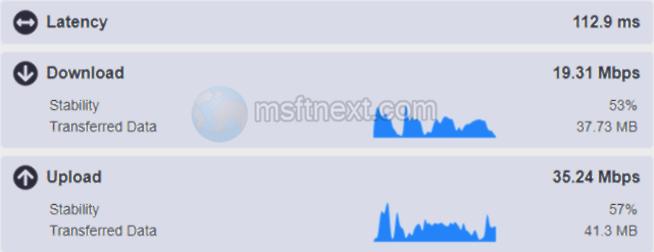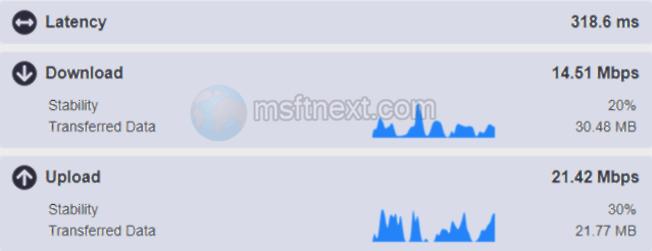Does the antivirus work slow down data transfer on the Internet? Most antivirus apps can’t be attributed to the class of resource-intensive software. Yet you may notice their impact on performance. Especially on aged computers during scheduled or manual scans. An antivirus program, like any program in general, consumes processor and memory resources, but what about network resources?
In theory, it should reduce incoming, and sometimes outgoing traffic in real time. Let’s try to figure it out.
Actually, everything is not so simple, and much depends on what method of the antivirus program to check your files. Scanning incoming traffic does not necessarily mean scanning a stream of bytes. Most often files are scanned when most of their “body” is already saved on disk. At this moment you can notice the antivirus activity. Accordingly, at the same time, a slight delay in loading this file is visually noticeable if the file is large enough.
With small files downloaded to the computer during the loading of web pages everything happens very quickly, imperceptibly for the user. That is, there is still a delay in total, the only question is how large it is. It is not so difficult to determine this.
Find if the antivirus slows down the Internet
To compare the time spent loading/unloading some data with and without antivirus enabled, we will use the free service www.speedcheck.org. The results here as follows.
- With the antivirus disabled, the download speed was 19.31 Mbps and the upload speed was 35.24 Mbps with a delay of 112.6 milliseconds.

- With active antivirus, the download speed was 14.51 Mbps and the upload speed was 21.42 Mbps, with a latency of 318.6 milliseconds.
 The result is obvious. But if we take the arithmetic mean, the download / upload speed with the antivirus turned off increases very slightly. In addition, let’s run another test. This time we will use the Chrome browser Developer tools, recording the page load time.
The result is obvious. But if we take the arithmetic mean, the download / upload speed with the antivirus turned off increases very slightly. In addition, let’s run another test. This time we will use the Chrome browser Developer tools, recording the page load time.
Check antivirus impact on the Internet speed with Google Chrome
- Open any site of your choice, e.g.
facebook.com. - Press F12 to open the developer panel and switch to the “Network” tab.
- Then refresh the page by pressing ⇧ Shift + F5 to get a “clean” page load.
- Write down the value of the “Load” parameter in the status bar.

- Repeat the steps 3-4 with the antivirus disabled, and then compare the values.
 Again in this case, the difference was revealed. The total load time of a “heavy” web page with the antivirus turned off was 11.37 seconds. With antivirus turned on it is 19.76 seconds. This is almost twice as much.
Again in this case, the difference was revealed. The total load time of a “heavy” web page with the antivirus turned off was 11.37 seconds. With antivirus turned on it is 19.76 seconds. This is almost twice as much.
But in further tests, the average value we got here is more modest, being around 20 percent.
